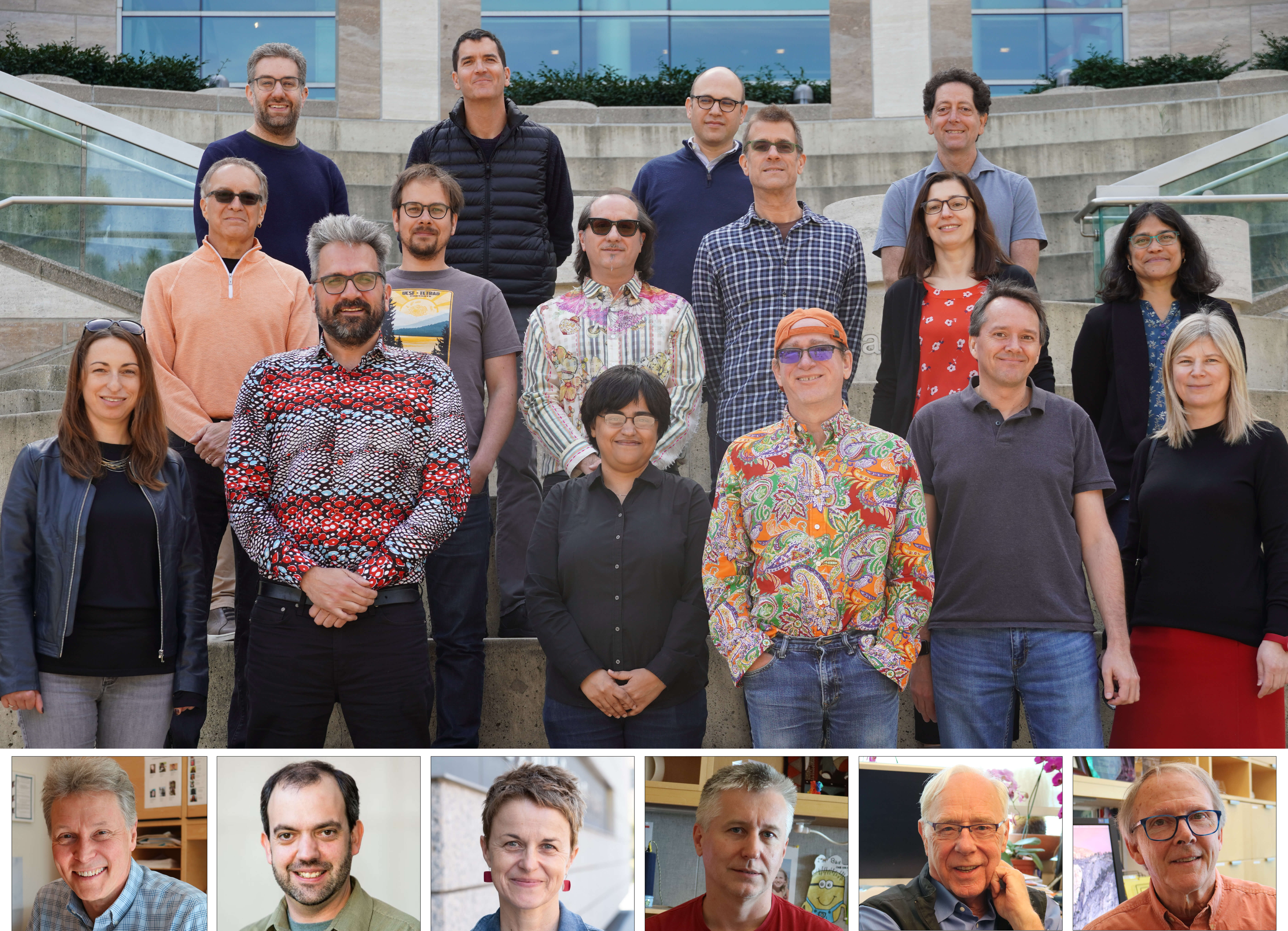
With COVID-19 spreading rapidly around the world and growing desperation for treatments, UCSF’s QBI Director Nevan Krogan, Ph.D., joined forces with researchers at UCSF, Gladstone Institute, Icahn School of Medicine at Mount Sinai, Institut Pasteur, and Howard Hughes Medical Institute to apply their expertise to aid in finding a treatment for the growing pandemic. Together, this group of researchers now known as QBI Coronavirus Research Group (QCRG), were the first to extensively map out the genome of COVID-19 and discover that the virus interacts with 332 human host proteins.
Pioneering a new paradigm in drug development by focusing on “the host” and fundamentals of biology elucidating the interaction and modification of human proteins that fuel pathology, QCRG is letting biological interactions dictate the therapeutic target. While anti-viral therapies target the virus directly, looking at the host factors that enable the virus to progress and thrive is a novel approach and may have the additional advantage of preventing the virus from developing resistance to therapy.
Utilizing its groundbreaking research, QBI and its collaborators were the first to mechanistically review existing drugs and compounds across the medical landscape, leading to the rapid discovery of 69 agents, which was subsequently expanded to include 97 compounds that have an impact on the identified human proteins. This breakthrough approach to identify and evaluate the therapeutic efficacy of a wide range of existing therapeutics in a new disease area enables rapid and focused selection of drugs and compounds directed at proteins critical for disease progression. Going directly to the chemistry of how drugs interact with the biological target has the potential to lead to faster treatment of patients in a pandemic - where time is paramount - with the drugs with greatest therapeutic potential, either existing or in development. These early discoveries are detailed in bioRxiv paper, “A SARS-CoV-2 Protein Interaction Map Reveals Host Targets for Drug-Repurposing.”
The team then subsequently characterized the in vitro antiviral potential of 75 of these drug compounds, accomplishing in a matter of weeks what usually takes years. QCRG identified two principle types of pharmacological approaches that emerged as effective in reducing viral infectivity: protein biogenesis inhibitors and Sigma1 and Sigma2 modulators. Ten therapies or compounds in development had antiviral activity, including cancer treatments, antihistamines and antipsychotics. Conversely, a drug commonly used in over-the-counter cough syrups was found to likely exacerbate viral infection. The data were recently published in Nature and outlined in a press release.
As the efforts to identify a treatment for COVID-19 ramp up, so does QCRG’s involvement. Based on our research, several companies are taking these identified compounds into clinical trials to evaluate their anti-viral effectiveness and therapeutic index. We are also continuing our screen of drugs that could have an impact on viral progression. Beyond COVID-19, with additional funding and research this unique and groundbreaking approach can have pan-pathogenic applications applied to any disease, regardless of pathogenic pathway.
To support QCRG research and pledge a donation, please visit our donation page by clicking on this button below:
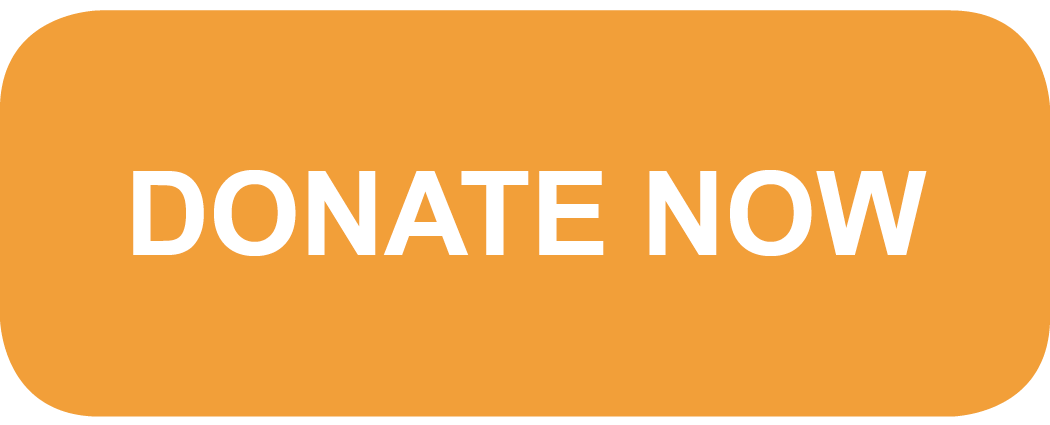
| > FEATURED PRESS |
||
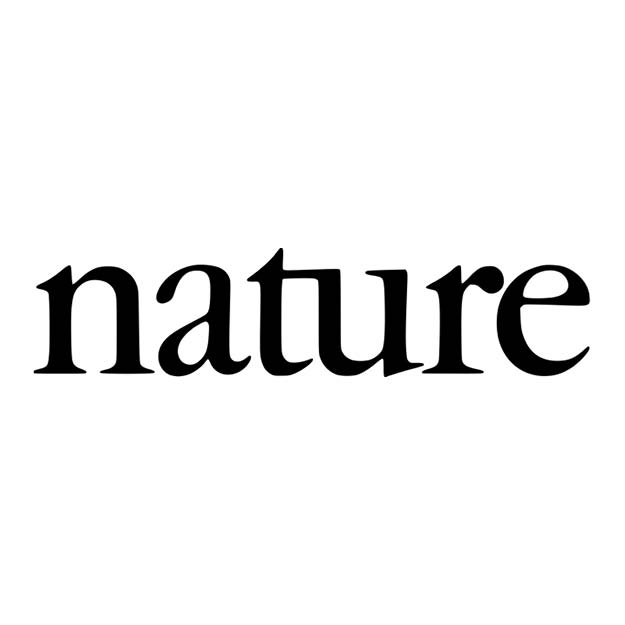 |
Nature on April 30, 2020: A SARS-CoV-2 protein interaction map reveals targets for drug repurposing. Read here. |
|
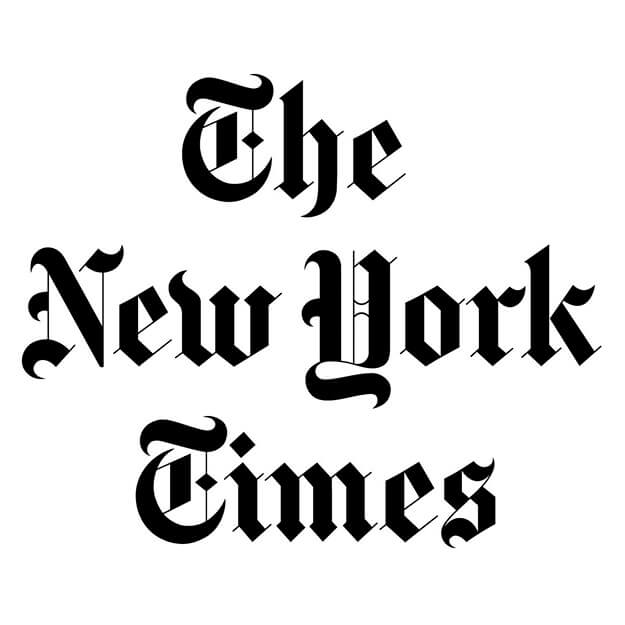 |
New York Times on April 30, 2020: Old Drugs May Find a New Purpose: Fighting the Coronavirus. A “drug repurposing” strategy uncovers dozens of compounds that have the unexpected potential to combat the virus. Read here. |
|
 |
San Francisco Chronicle on April 30, 2020: New UCSF study finds potential drugs for treating COVID-19. Read here. |
|
David Agard, PhD, is focused on trying to understand the molecular basis of how complex machinery in the cell functions. His particular take on it is to try to resolve the atomic structures of key molecules and to figure out how they work from that, while also looking at where they go wrong in disease.
Charles Craik, PhD, uses chemistry to answer important biological questions at the interface between biology, medicine and pharmacy. He identifies the roles and regulates the activity of proteases associated with infectious diseases, cancer and development.
James Fraser, PhD, looks at proteins, macromolecules within cells, and tries to determine what structures they take on, what their shapes are and how they move between structures as they execute their functions within cells to quantify how these perturbations impact protein function and organismal fitness.
Danica Fujimori, PhD, works on the identification of new potential drug targets to determine the context in which proteins can serve as drug targets, and to identify small molecules that could act to stop pathogenic proteins from acting in ways to cause disease.
Jason Gestwicki, PhD, is interested in molecular chaperones, protein homeostasis and protein misfolding disorders. To approach the big questions in this area, he uses a chemical biology strategy that includes the discovery and optimization of new chemical inhibitors to acutely perturb chaperone functions, revealing how these systems normally protect from cancer and neurodegeneration as well as other diseases.
John Gross, PhD, investigates molecular machines that coordinate gene expression or antiviral immunity. His research areas include RNA decay enzymes that act in mRNA quality control and gene regulatory pathways, and nucleic acid based immune systems that protect animals from viruses and neutralization of these systems by viral accessory proteins.
Matthew Jacobson, PhD, focuses on developing new computational methods for drug discovery, as well as general tools that can be applied to almost every area of drug discovery. His software is used by essentially all of the major pharmaceutical companies.
Natalia Jura, PhD, researches what regulates growth signals in a cell and looks at how cells grow under normal situations when they are healthy, and then what goes wrong during diseases. She looks at the molecular machines, the proteins themselves, and how they change in response to the binding of ligands.
Tanja Kortemme, PhD, develops methods to engineer biological molecules, proteins that have new biological functions. She does so by developing computational algorithms that help create detailed models of these proteins so that they can be designed at atom-level detail.
Nevan Krogan, PhD, focuses on developing tools that allows one to globally study the function of genes and proteins and how they work together, and targets genes that are in many disease areas in an effort to help find new therapies for diseases.
Shaeri Mukherjee, PhD, elucidates how intracellular bacterial pathogens manipulate Rab function to promote their virulence and to uncover fundamental principles of membrane traffic. To accomplish this, she utilizes the intracellular pathogen Legionella pneumophila as a model, which in turn can be applied to other disease states.
Geeta Narlikar, PhD, studies chromatin and the many processes involved in its regulation. She is an expert in the fields of epigenetic regulation and genome organization, and studies how the folding and compartmentalization of our genome is regulated to generate the many cell types that make up our body.
Melanie Ott, MD, PhD, is interested in the molecular mechanisms of viral pathogenesis. She focuses on HIV-1 and Hepatitis C Virus (HCV). Both are important public health problems and share common traits including high propensities to establish chronic infections and a lack of efficient vaccines. Her HIV efforts focus on viral transcription and latency as remaining barriers to viral eradication.
Oren Rosenberg, MD, PhD, studies and treats infectious diseases. His goal is to discover and exploit molecular vulnerabilities in bacteria in order to design faster, cheaper, less toxic and more effective therapeutics to treat life-threatening infections.
Davide Ruggero, PhD, works on understanding the molecular mechanisms by which impairments in accurate control of mRNA translation, cell growth, and overall cellular protein synthesis rates lead to human disease and cancer.
Andrej Sali, PhD, is interested in describing structures of proteins and their complexes, how the systems work, and how we can modulate their functions with other molecules. He uses information that comes from different experimental methods, computation methods and statistical analyses.
Brian Shoichet, PhD, researches the discovery of new molecules to modulate drug targets, and trying to de-orphanize receptors in the body. He tries to discover molecules that will inform the use of receptors with currently unknown functions.
Kevan Shokat, PhD, seeks to uncover fundamental principles of cell signaling that require the development of new chemical tools. He tries to find new drugs that treat different kinds of diseases, like cancer and neurodegeneration, and viral infections.
Robert Stroud, MA, PhD, studies the molecular basis of biological function. He is particularly interested in transporters that transport nutrients across the membranes of biological cells to incorporate essential nutrients, and transporters that are co-opted to eliminate drugs and thus provide for drug resistance.
Jack Taunton, PhD, develops small molecules to try to understand how cells work and how to intervene in various disease processes, such as cancer and autoimmune disease.
Kliment Verba, PhD, is a QBI Fellow who specializes in structurally analyzing protein complexes using CryoEM. He focuses on understanding how proteins accomplish their work, by first understanding their molecular structure.
Jim Wells, PhD, is interested in how cells change in cancers, such as pancreatic cancer, prostate cancer, lung cancer and blood borne cancers, and how they can be treated with antibodies. His antibodies are then cross-referenced in various disease states.
| > FEATURED PRESS |
||
 |
Nature on April 30, 2020: A SARS-CoV-2 protein interaction map reveals targets for drug repurposing. Read here. |
|
 |
New York Times on April 30, 2020: Old Drugs May Find a New Purpose: Fighting the Coronavirus. A “drug repurposing” strategy uncovers dozens of compounds that have the unexpected potential to combat the virus. Read here. |
|
 |
San Francisco Chronicle on April 30, 2020: New UCSF study finds potential drugs for treating COVID-19. Read here. |
|
 |
The Conversation on April 30, 2020: We found and tested 47 old drugs that might treat coronavirus. Read here. |
|
 |
ABC News on May 1, 2020: The Race for a COVID-19 treatment. Watch here. |
|
| > ALL PRESS |
||
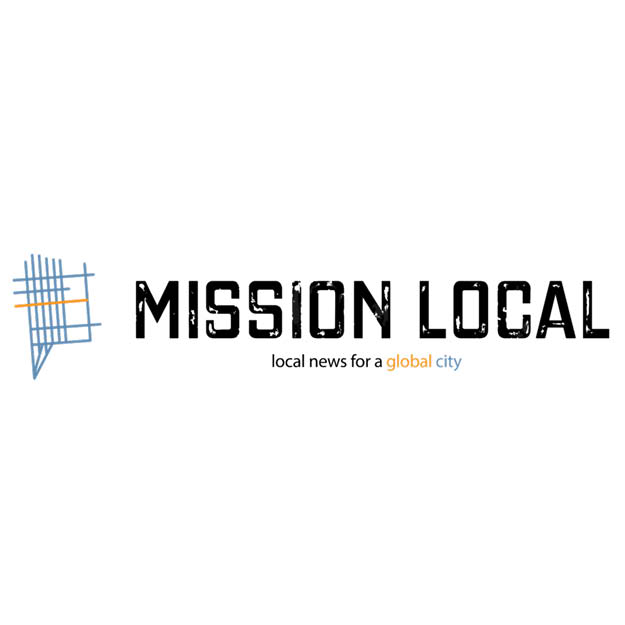 |
The Buck Institute on May 7, 2020: UCSF’s Medical Grand Rounds offers a ‘sobering’ picture of the coronavirus and its challenges. Watch here. |
|
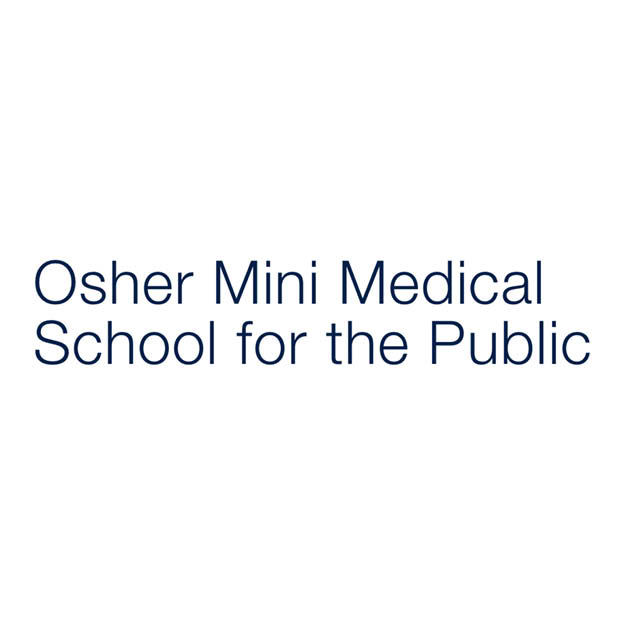 |
The Buck Institute on May 6, 2020: Developing Therapies for COVID-19: Understanding the mechanisms of attack to inform treatment. Watch here. |
|
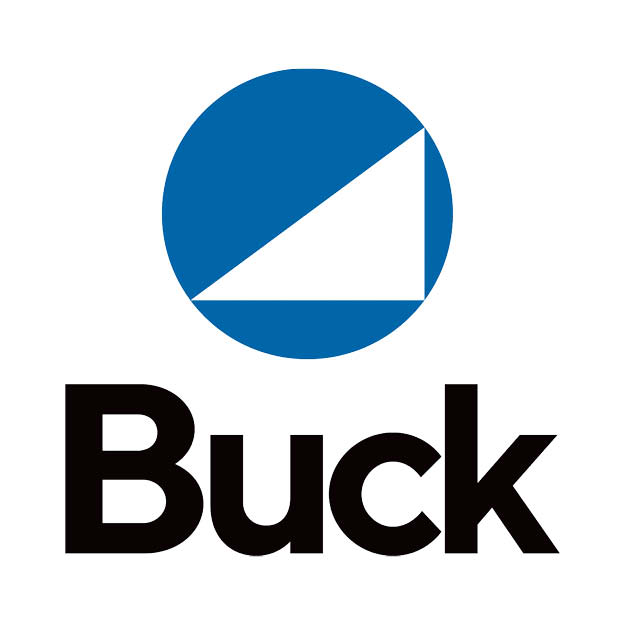 |
The Buck Institute on May 6, 2020: Join Nevan Krogan, live Wednesday, as he shares his perspective on how to think about, deal with, and potentially treat the COVID-19 pandemic. Watch here. |
|
 |
Indo & NY on May 5, 2020: Identified 69 drugs that attack the coronavirus from different mechanisms: How the confinement and the tracking of mobile helped control the epidemic of COVID-19 After the clone, mark, and express 26 of the 29 proteins of the SARS-CoV. Read here. |
|
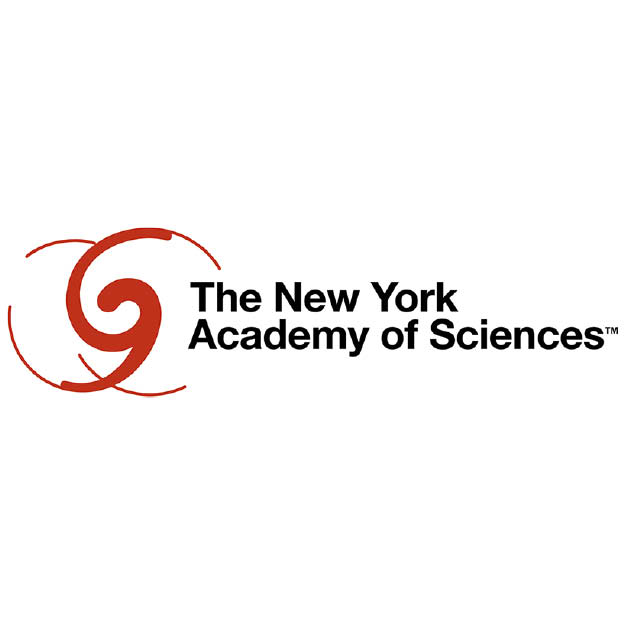 |
The New York Academy of Sciences on May 5, 2020: How Blavatnik Awards Honorees are answering the call to stop the spread of the disease. Read here. |
|
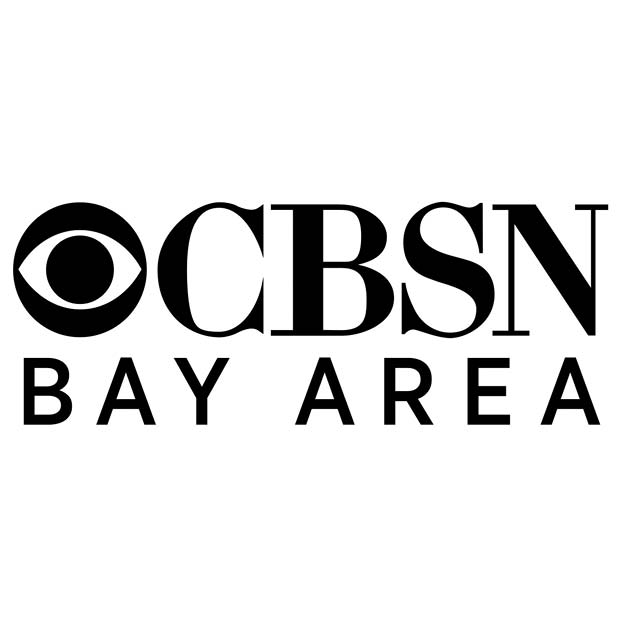 |
KPIX CBS Bay Area on May 2, 2020: UCSF Leads Team Mapping Blueprint For How Coronavirus Attacks Human Cells. Watch here. |
|
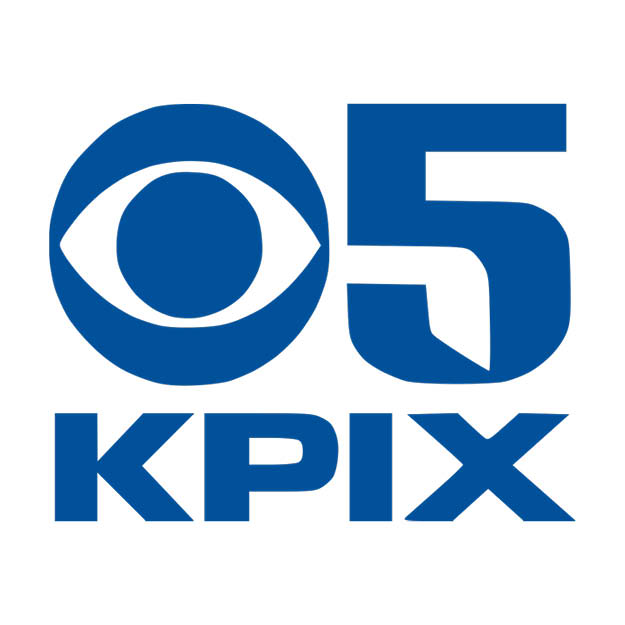 |
KPIX CBS Bay Area on May 1, 2020: UCSF Leads Team Mapping Blueprint For How Coronavirus Attacks Human Cells. Watch and read here. |
|
 |
Chemical & Engineering News on May 1, 2020: Cell studies suggest some repurposed drugs could block replication of SARS-CoV-2: The experiments follow up on an earlier study that identified 69 compounds that could disrupt possible interactions between viral and human proteins. Read here. |
|
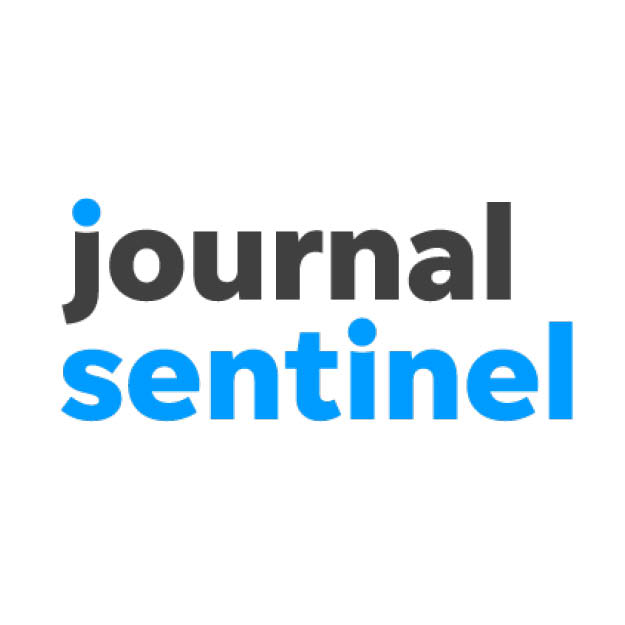 |
Milwaukee Journal Sentinel on May 1, 2020: Two classes of drugs found that may treat COVID-19, according to new study. Read here. |
|
 |
Heidi News on May 1, 2020: Les interactions du coronavirus avec ses cellules hôtes donnent des pistes de nouveaux traitements. Read here. |
|
 |
Market Watch on May 1, 2020: Opinion: Scientists test 47 old drugs and find some may help fight coronavirus:After uncovering these promising leads, the next step is human trials. Read here. |
|
 |
Considerable on May 1, 2020: Researchers identified 47 old drugs that might treat the coronavirus: These researchers found and tested all 47. The results show promising leads and a whole new way to fight COVID-19. Read here. |
|
 |
Sun Sentinel on May 1, 2020: Old drugs may find a new purpose: Fighting the coronavirus. Read here. |
|
 |
Sun Sentinel on May 1, 2020: Old drugs may find a new purpose: Fighting the coronavirus. Read here. |
|
 |
ABC Today on May 1, 2020: Old drugs may find a new purpose: Fighting the coronavirus. Read here. |
|
 |
ABC News on May 1, 2020: The Race for a COVID-19 treatment. Watch here. |
|
 |
Today on May 1, 2020: Common ingredient in cough medicine may help coronavirus grow, study finds: The preliminary findings merit caution and further study, researchers say. Read here. |
|
 |
Baltimore Sun on May 1, 2020: Old drugs may find a new purpose: Fighting the coronavirus. Read here. |
|
 |
Newsy on May 1, 2020: They identify 69 drugs that attack the coronavirus from different mechanisms. Read here. |
|
 |
Yahoo News on May 1, 2020: Old Drugs May Find a New Purpose: Fighting the Coronavirus. Read here. |
|
 |
USA News Hub on May 1, 2020: Researchers tested 47 old drugs that might treat the coronavirus — these where the results. Read here. |
|
 |
San Francisco Chronicle on May 1, 2020: Chasing a killer: Inside a UCSF lab’s urgent, unprecedented effort to decode and destroy the deadly coronavirus. Read here. |
|
 |
San Francisco Chronicle on May 1, 2020: Chasing a killer: Inside a UCSF lab’s urgent, unprecedented effort to decode and destroy the deadly coronavirus. Read here. |
|
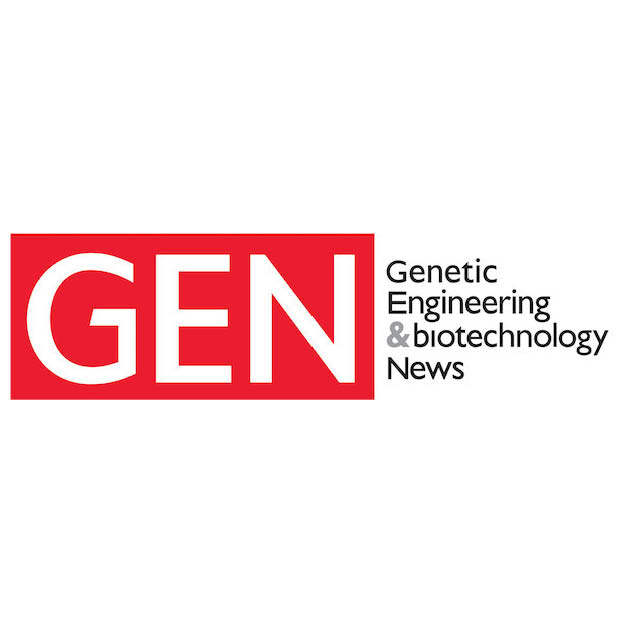 |
Genetic Engineering & Biotechnology News on May 1, 2020: SARS-CoV-2 Protein Interaction Map Reveals Drug Targets: A blueprint of how the virus hijacks host cells identified ten repurposed drugs that inhibit viral replication—and one that enhanced viral growth. Read here. |
|
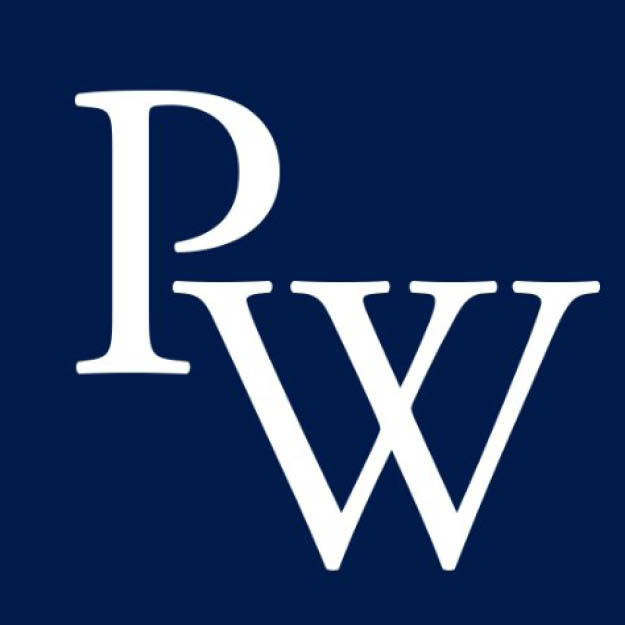 |
Physician's Weekly on April 30, 2020: Nearly a dozen approved drugs could be effective against COVID-19: study. Read here. |
|
 |
NBC Bay Area on April 30, 2020: UCSF Part of Worldwide Collaborative Effort to Fight COVID-19. Watch here. |
|
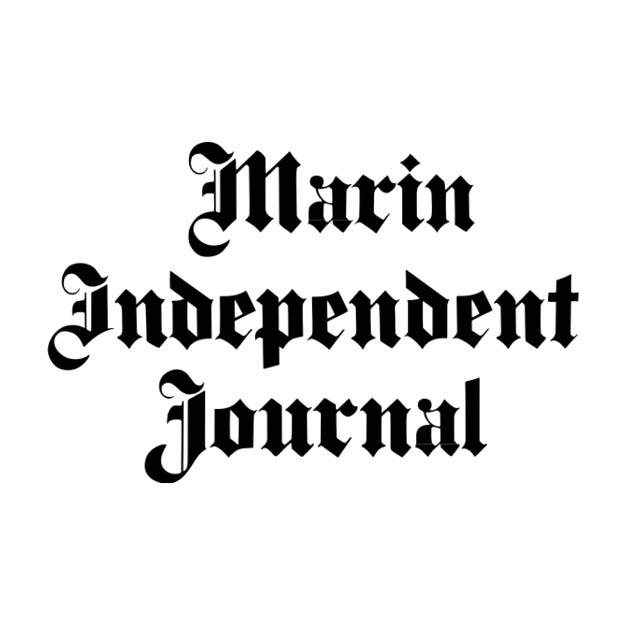 |
Marin Independent Journal on April 30, 2020: Coronavirus: Repurposing drugs to protect human cells:New UCSF-led drug hunt could combat this pandemic – and the next one. Read here. |
|
 |
East Bay Times on April 30, 2020: Coronavirus: Repurposing drugs to protect human cells:New UCSF-led drug hunt could combat this pandemic – and the next one. Read here. |
|
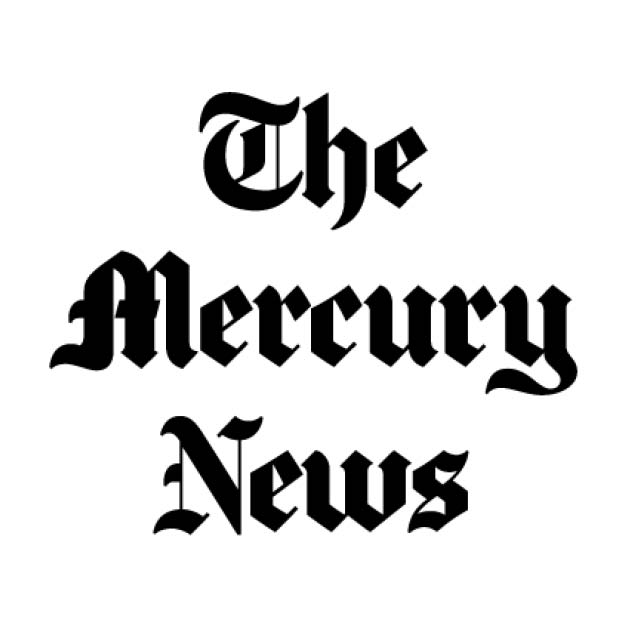 |
The Mercury News on April 30, 2020: Coronavirus: Repurposing drugs to protect human cells:New UCSF-led drug hunt could combat this pandemic – and the next one. Read here. |
|
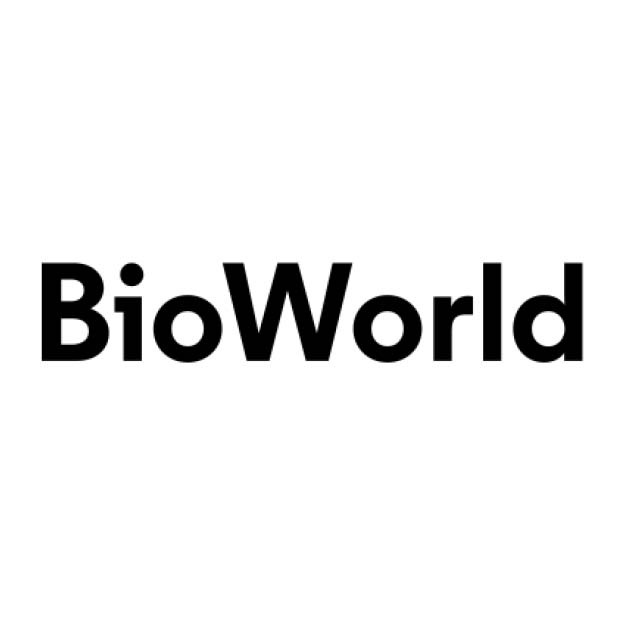 |
Bio World on April 30, 2020: In vitro study gives ‘blueprint’, drug leads for SARS-CoV-2. Read here. |
|
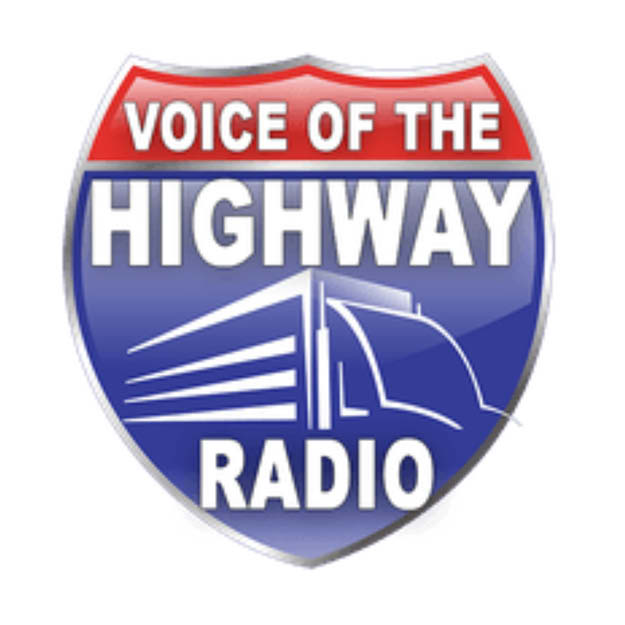 |
Voice of the Highway on April 30, 2020: Old Drugs May Find a New Purpose: Fighting the Coronavirus – The New York Times. Read here. |
|
 |
Business Insider on April 30, 2020: Coronavirus Researchers are Crafting Drug Cocktails with Gilead's Antiviral Remdesivir, Tapping the HIV Playbook to Fight the Coronavirus. Read here. |
|
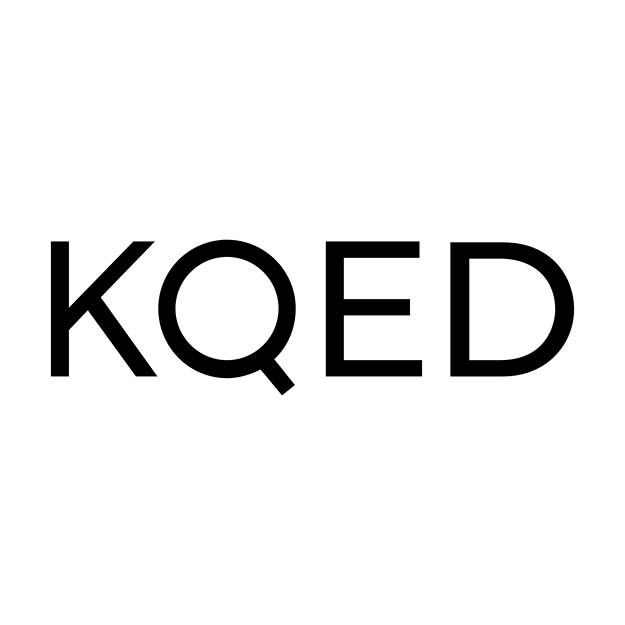 |
KQED on April 30, 2020: Researchers Offer Caution on Cough Syrup and COVID-19. Read here. |
|
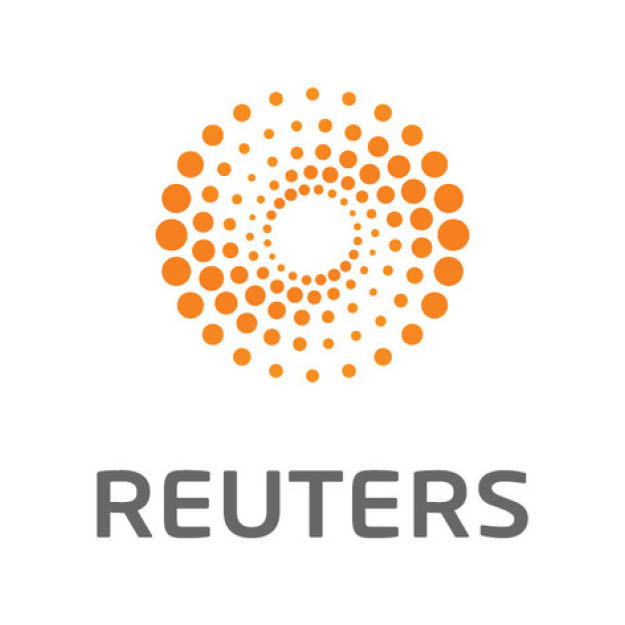 |
Reuters on April 30, 2020: Nearly a dozen approved drugs could be effective against COVID-19: study. Read here. |
|
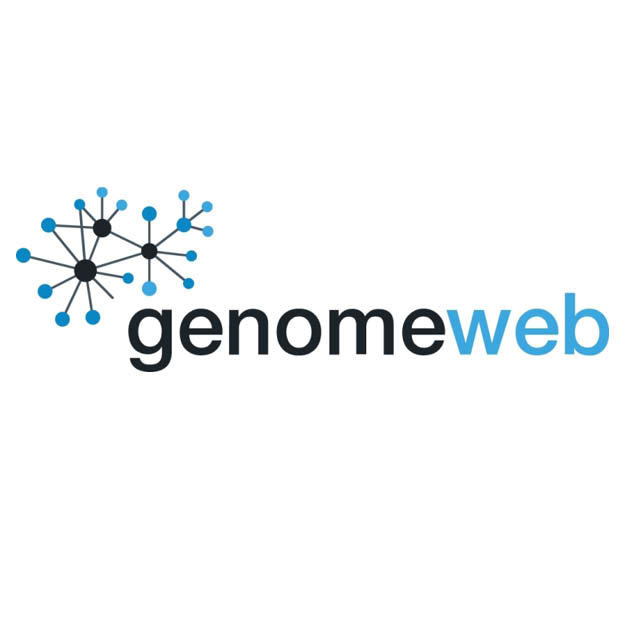 |
Genome Web on April 30, 2020: COVID-19 Proteomics Study Identifies Existing Compounds as Potential Antivirals. Read here. |
|
 |
Times Union on April 30, 2020: We found and tested 47 old drugs that might treat coronavirus. Read here. |
|
 |
The Conversation on April 30, 2020: We found and tested 47 old drugs that might treat coronavirus. Read here. |
|
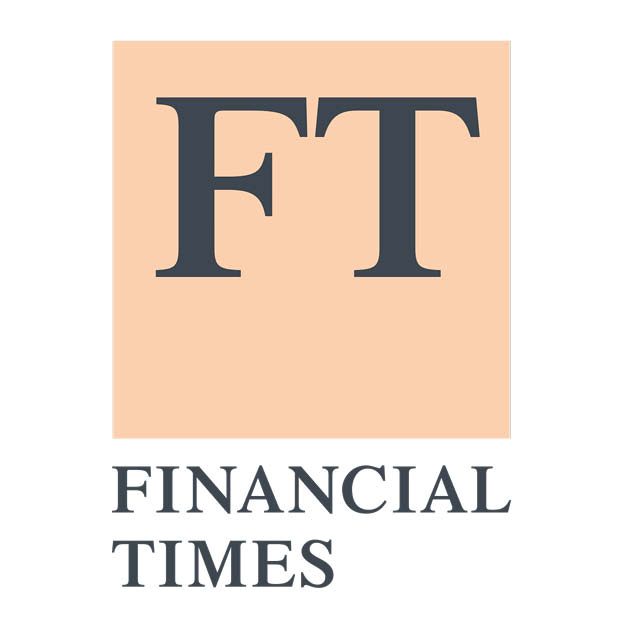 |
Financial Times on April 30, 2020: Dozens of existing drugs tested as possible virus treatments. Read here. |
|
 |
San Francisco Chronicle on April 30, 2020: UCSF team has discovered drugs that block coronavirus, paving way for 'a better drug sooner'. Read here. |
|
 |
San Francisco Chronicle on April 30, 2020: UCSF team has discovered drugs that block coronavirus, paving way for 'a better drug sooner'. Read here. |
|
 |
New York Times on April 30, 2020: Old Drugs May Find a New Purpose: Fighting the Coronavirus. Read here. |
|
 |
Fast Company On April 23, 2020:‘We were made for this’: How Slack became king of the remote-work world. The workplace-productivity company became essential amid the coronavirus crisis, and in the process, rediscovered itself.” Read here. |
|
 |
Al Jazeera On April 21, 2020: What if a COVID-19 treatment could be ready within weeks? Scientists in California are trying to repurpose drugs to fight the coronavirus pandemic.” Watch here. |
|
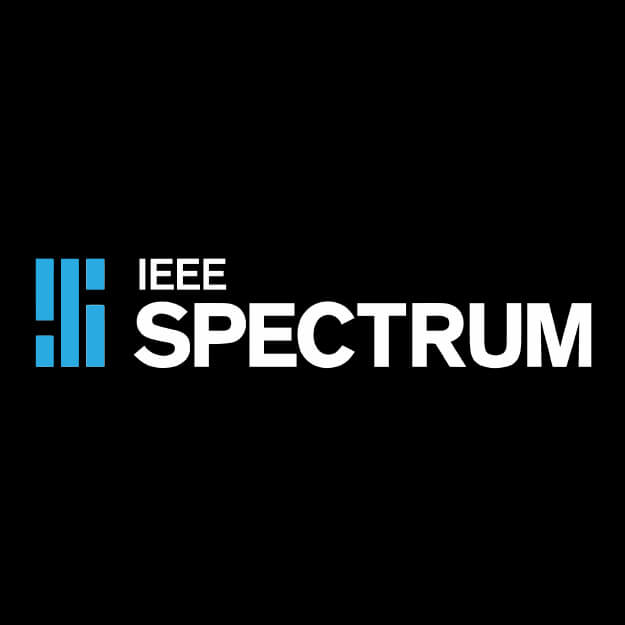 |
IEEE Spectrum On April 17, 2020: Engineering During the Coronavirus Pandemic: 7 CEOs, engineers, and scientists describe how their daily work has changed in response to COVID-19.” Read here. |
|
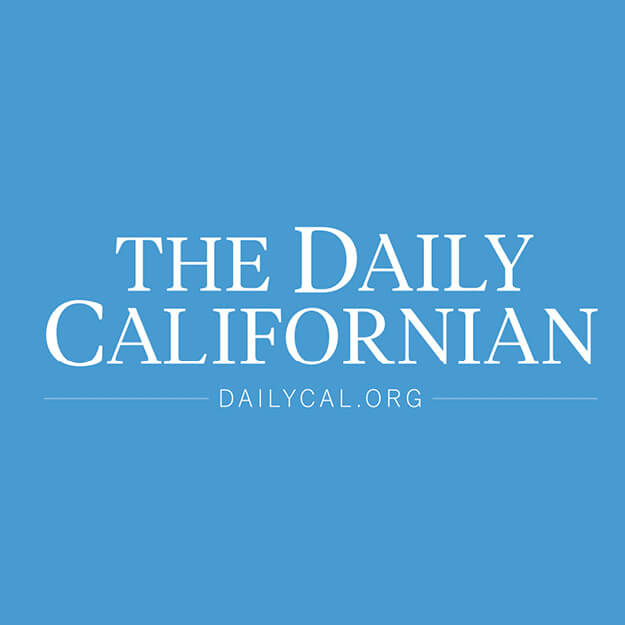 |
The Daily Californian On April 16, 2020: ‘A new way to do science’: UC Berkeley, UCSF researchers focus efforts on COVID-19.” Read here. |
|
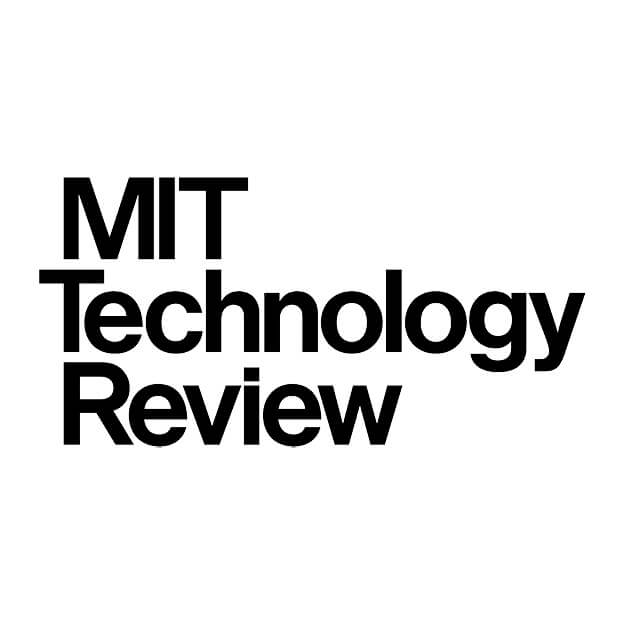 |
MIT Technology Review On April 15, 2020: Repurposing drugs might help fight this pandemic.” Read here. |
|
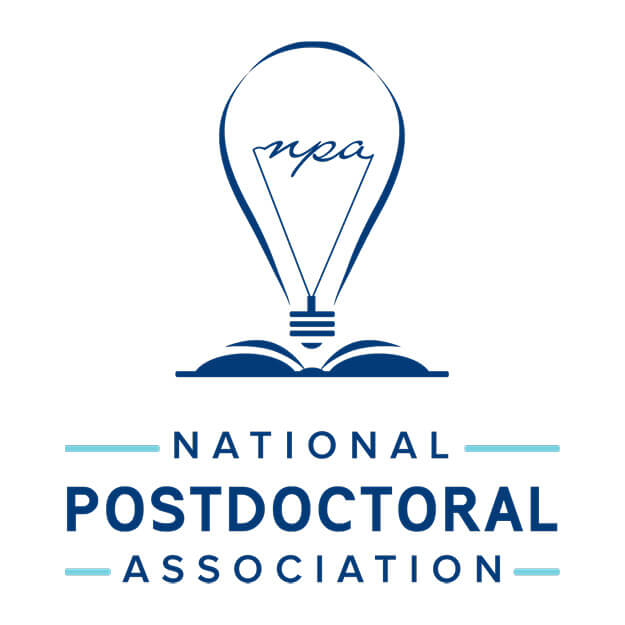 |
National Postdoctoral Association On April 14, 2020: Importance of Teamwork: SARS-CoV-2 Research Highlighted.” Read here. |
|
 |
Bloomberg On April 13, 2020: Confronting COVID-19: Do We Already Have the Cure for COVID-19?” Watch here. |
|
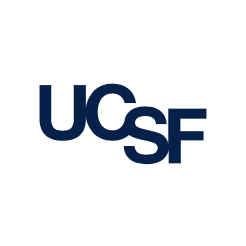 |
UCSF On April 9, 2020: Confronting COVID-19: Donors’ Generosity Put to Use at Lightning Speed Across UCSF” Read here. |
|
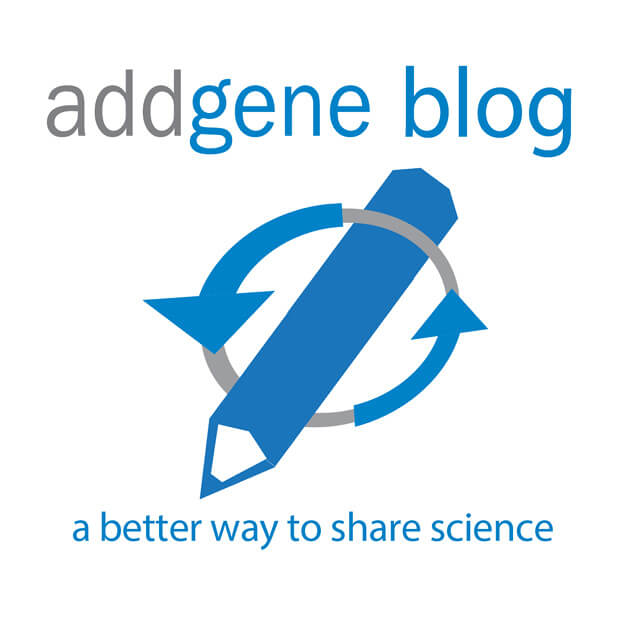 |
Addgene Blog On April 9, 2020: Scientists Map the SARS-CoV-2-Human Interaction Network” Read here. |
|
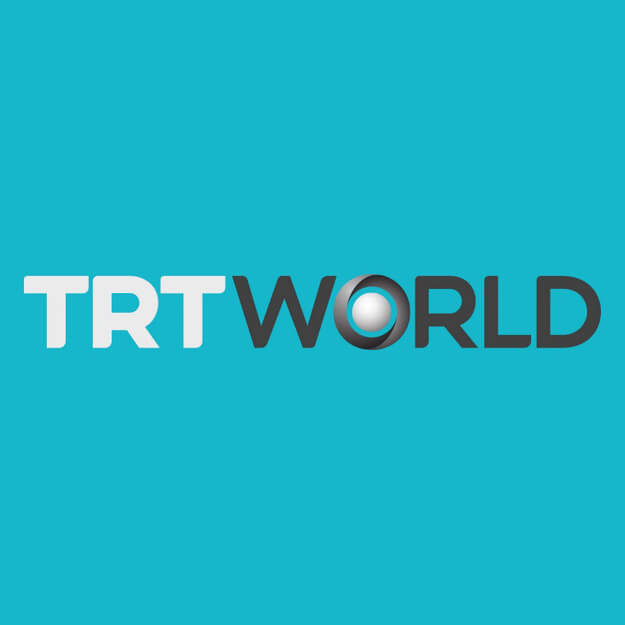 |
TRT World On April 8, 2020: COVID-19: A Future in Question” Watch here. |
|
 |
Time 24 News On April 8, 2020: Project with Portuguese scientist has 69 drugs to test against SARS-CoV-2 | Coronavirus” Read here. |
|
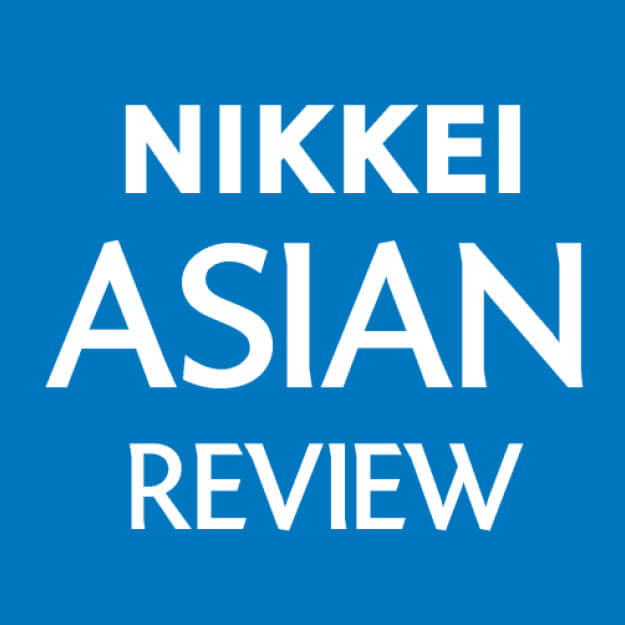 |
Nikkei Asian Review On April 8, 2020: From AI to antibodies: inside the race for a coronavirus drug: As health systems teeter, scientists must rely on informal networks for vital research” Read here. |
|
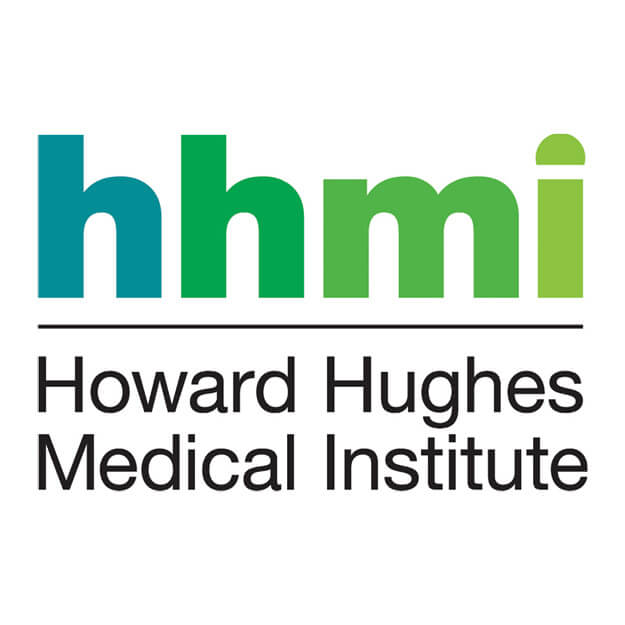 |
Howard Hughes Medical Institute On April 8, 2020: Repurposing Existing Drugs Could Offer Faster Path to COVID-19 Treatment.” Read here. |
|
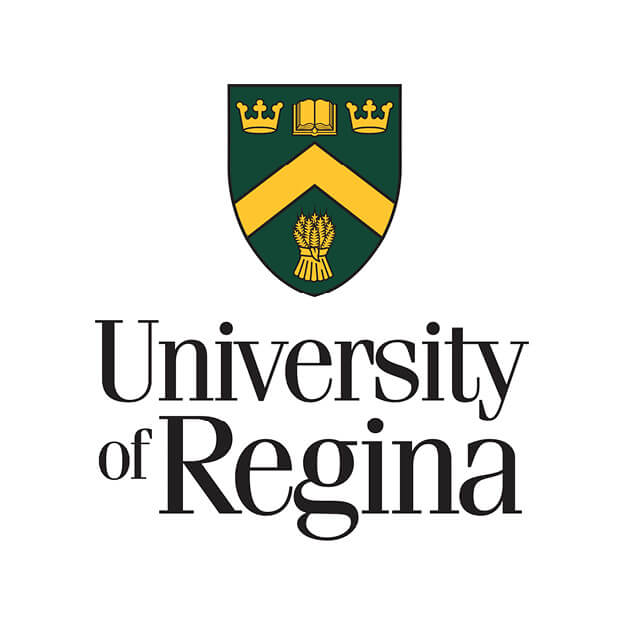 |
University of Regina On April 7, 2020: U of R alumnus makes much-needed COVID-19 research available to the world.” Read here. |
|
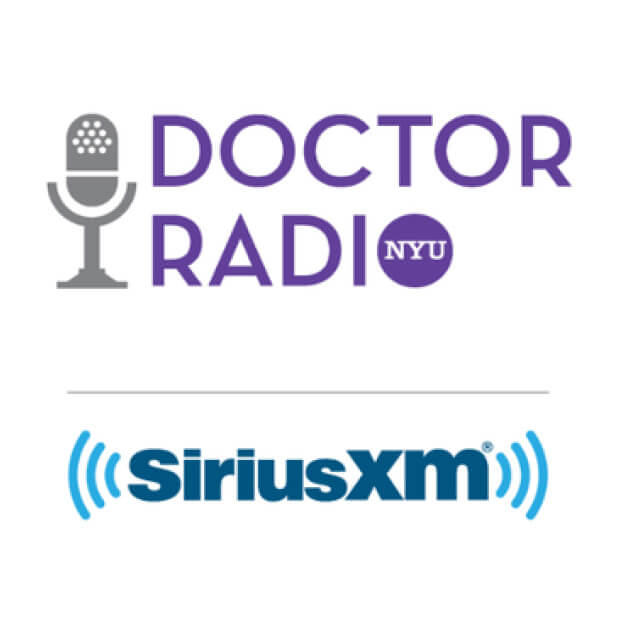 |
SiriusXM: Doctor Radio On April 6, 2020: Can Any FDA-Approved Drugs Help Against COVID-19?” Listen here. |
|
 |
Global News Canada On April 6, 2020: University of Regina alumnus takes unique approach to fight against COVID-19.” Watch here. |
|
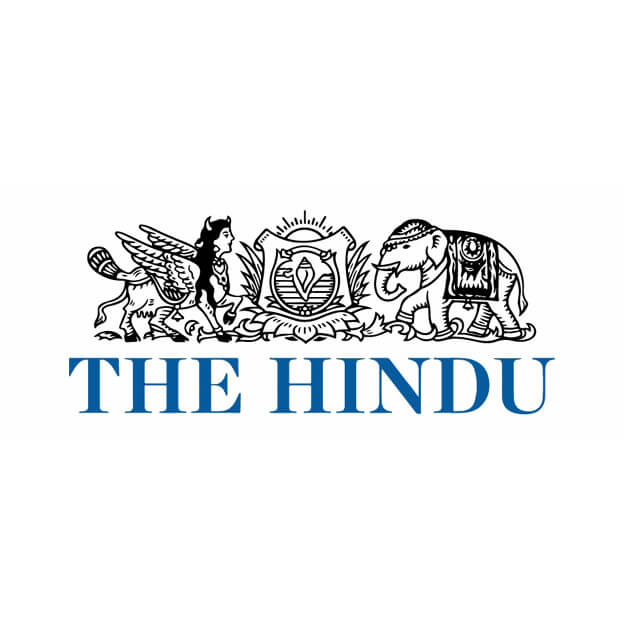 |
The Hindu On April 4, 2020: Researching the novel coronavirus in the urgent search for solutions..” Read here. |
|
 |
The New York Times On April 3, 2020: Bad News Wrapped in Protein: Inside the Coronavirus Genome” Read here. |
|
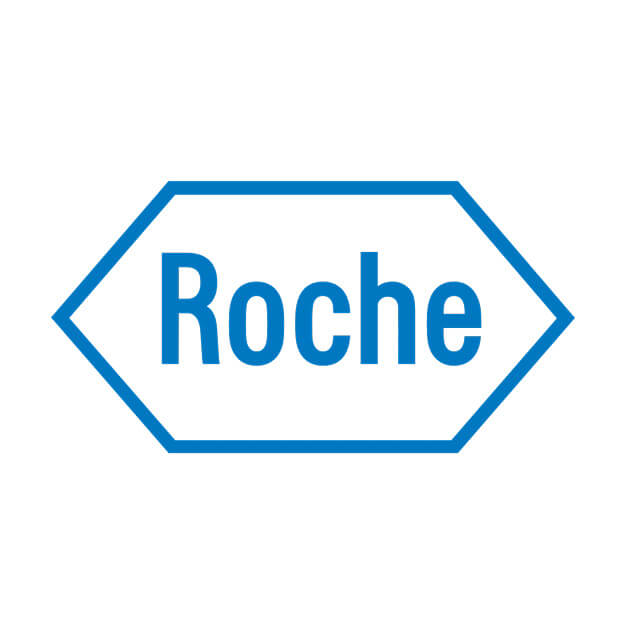 |
Roche On April 2, 2020: Researching the novel coronavirus in the urgent search for solutions.” Read here. |
|
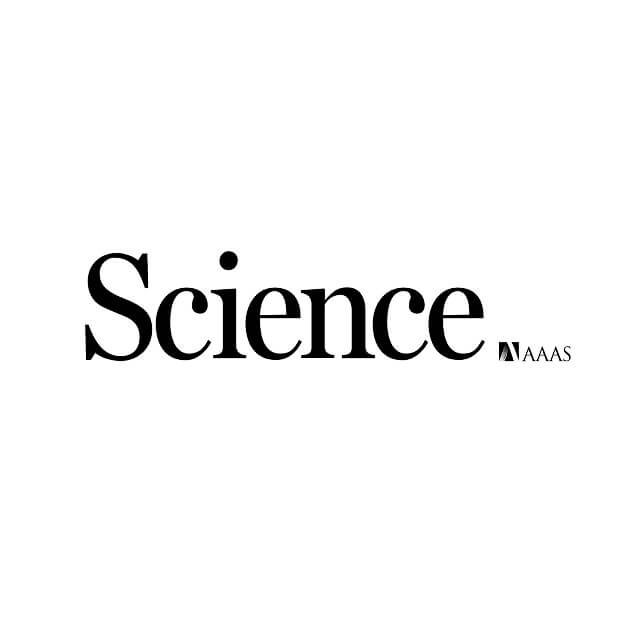 |
Science On April 2, 2020: These drugs don’t target the coronavirus—they target us.” Read here. |
|
Silicon Valley Community Foundation On March 31, 2020: Quantitative Biosciences Institute research update on COVID-19. Nevan Krogan, PhD, gives a presentation outlining the efforts and goals of the QCRG, followed by a Q&A session.” Watch here. |
||
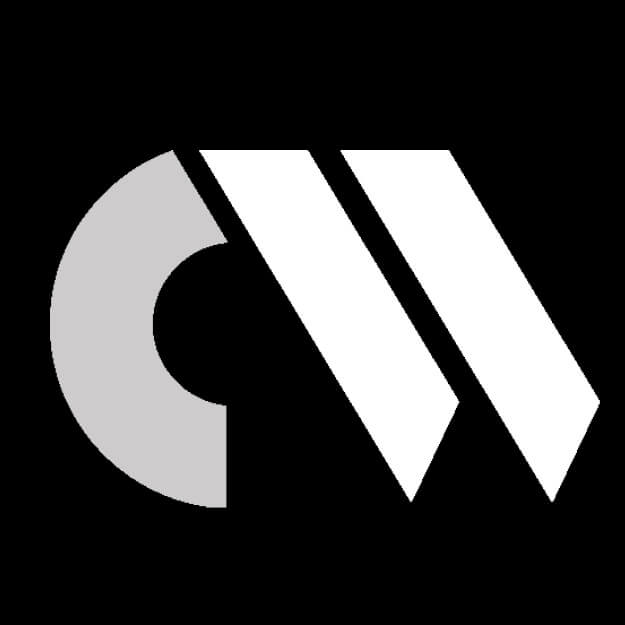 |
Chemistry World On March 27, 2020: Potent coronavirus drug candidate designed using 3D structure of key viral enzyme.” Read here. |
|
 |
Chemical and Engineering News On March 26, 2020: Protein mapping finds 69 potential treatments for COVID-19.” Read here. |
|
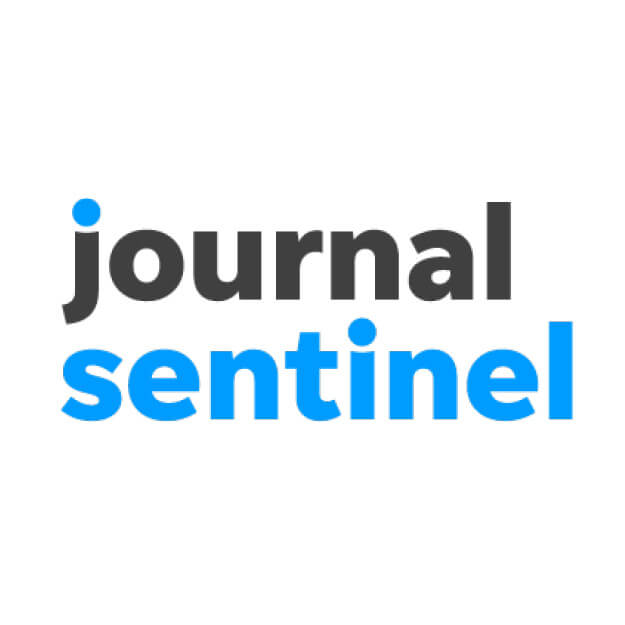 |
Milwaukee Journal Sentinel On March 26, 2020: Scientists identify 69 drugs that could slow or stop coronavirus, but more testing remains.” Read here. |
|
 |
UCSF On March 25, 2020: Unveiling How COVID-19 Hijacks Our Cells to Help Rush New Drugs to Patients: UCSF-led Rapid-Response Research Team Takes an Unconventional Approach to Fighting Viruses.” Read here. |
|
 |
CBC Radio: Blue Sky with Garth Materie On March 25, 2020: A live interview and Q & A of QBI Director Nevan Krogan, PhD, who leads the QCRG effort. This interview is in his home county of Saskatchewan in Canada, where people called in with pertinent questions to understand more about COVID-19, its spread, the science and what is coming next. Nevan Krogan segment as of minute 13:00.” Listen here. |
|
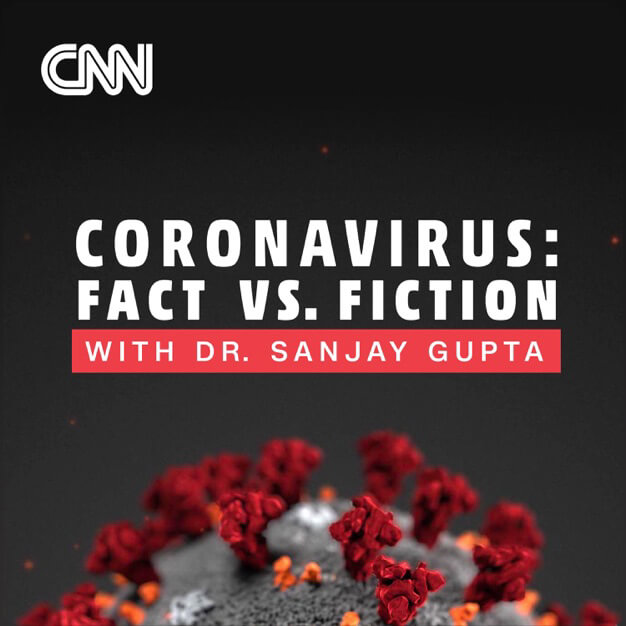 |
CNN FACTS VS. FICTION with Dr. Sanjay Gupta on March 25, 2020: Searching for Treatments. Coronavirus: Fact vs Fiction. There is currently no proven treatment or cure for Covid-19, but scientists around the globe are working to find one. CNN Chief Medical Correspondent Dr. Sanjay Gupta explains some of the drug names floating around and what we know about them. ” Listen here. |
|
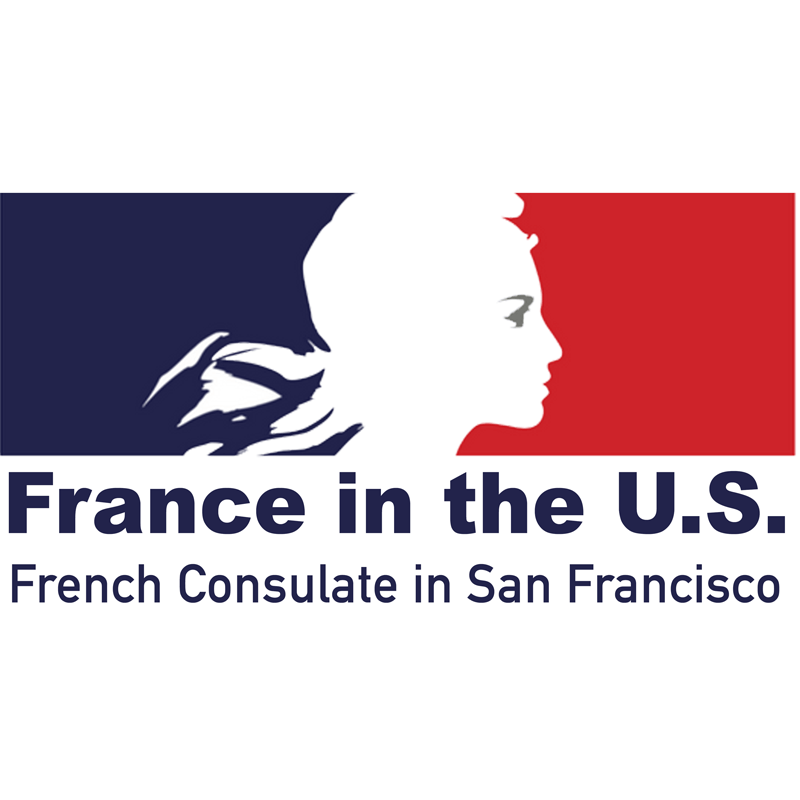 |
French consulate in SF on March 24, 2020: “A French American scientific partnership to fight the coronavirus. Today French Consul to San Francisco, Emmanuel Lebrun-Damiens, Consul General of France in San Francisco, interviewed QBI Director Nevan Krogan, PhD on the collaboration with Institut Pasteur to identify existing drugs that could be used against the virus. ” Watch here. |
|
 |
KSRO on March 23, 2020: “Pat talks with Nevan Krogan, Professor of Cellular Molecular Pharmacology at UCSF, about coronavirus treatments, research, drug trials, timelines and urgency. ” Listen here. |
|
 |
CBC Radio: The Current on March 23, 2020: “Today on The Current: We look at some of the drugs and treatment options being researched in the fight against COVID-19, and whether established drugs could be repurposed. ” Listen here. |
|
 |
The New York Times on March 22, 2020: “Scientists Identify 69 Drugs to Test Against the Coronavirus” Read here. |
|
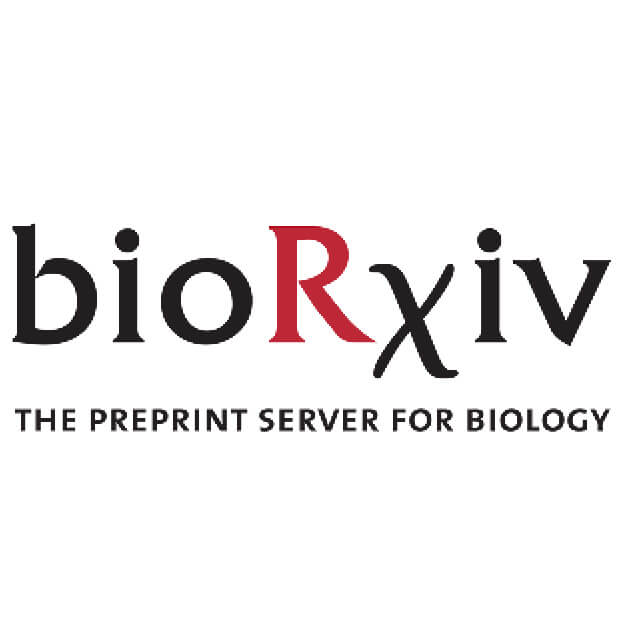 |
bioRxiv on March 22, 2020: “Our paper is out on bioarchive describing our sars2-human protein protein interaction map and drug predictions from the data. It was a honor to work with so many fantastic scientists around the world. -Nevan” Read here. |
|
 |
Good Morning America on March 22, 2020: Scientists across the globe are working to find a treatment for COVID-19 Watch here. |
|
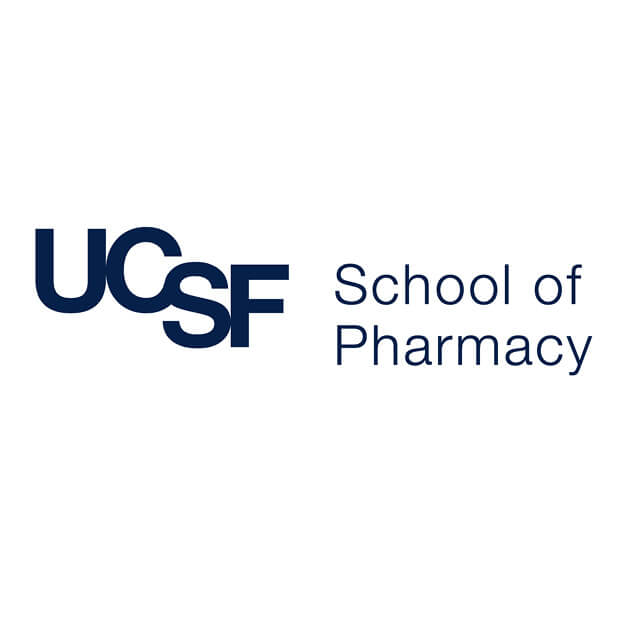 |
UCSF School of Pharmacy on March 21, 2020: Hunting for a cure for COVID-19: an insider’s story: As UCSF’s Quantitative Bioscience Institute mobilizes researchers to fight a global pandemic, QBI’s administrator shares the saga Read here. |
|
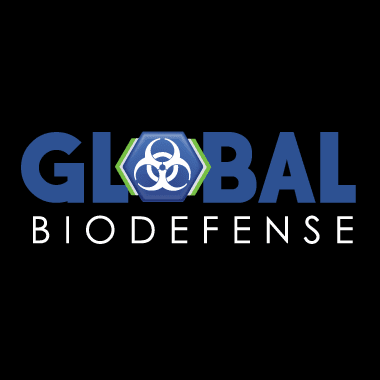 |
Global Biodefense on March 21, 2020: Why Don’t We Have Drugs to Treat COVID-19 and How Long Will It Take to Develop Them? Read here. |
|
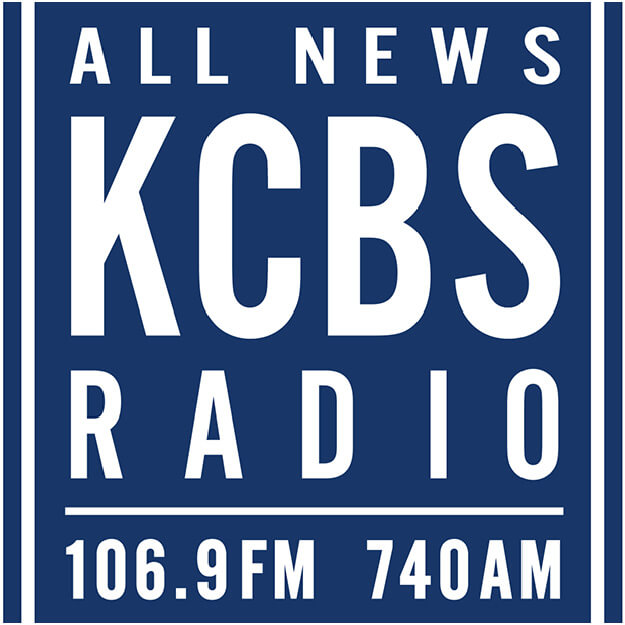 |
KCBS Radio San Francisco on March 20, 2020: EXCLUSIVE: UCSF Coronavirus Research Identifies Potentially Useful Drugs. Listen here. |
|
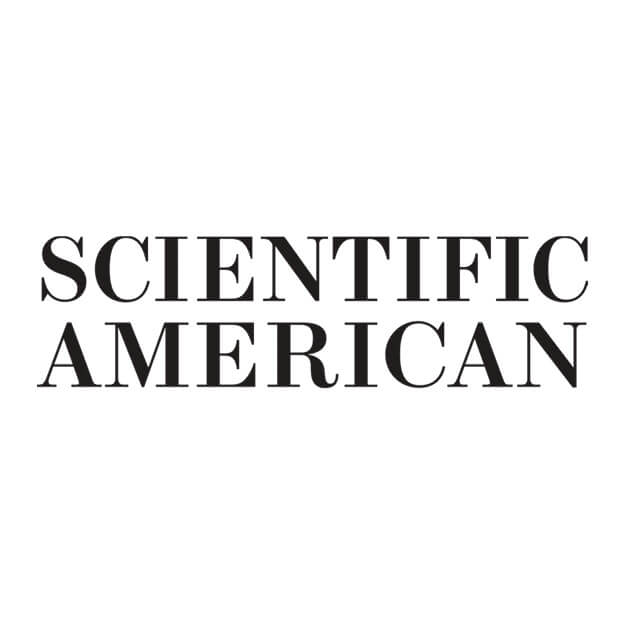 |
Scientific American on March 20, 2020: How COVID-19 Drug Hunters Spot Virus-Fighting Compounds. Read here. |
|
 |
The Conversation on March 20, 2020: COVID-19 treatment might already exist in old drugs – we’re using pieces of the coronavirus itself to find them. Read here. |
|
 |
Reed Magazine on March 18, 2020: Eight Reedies Helping Us All Get Through the Coronavirus Pandemic. Read here. |
|
 |
ABC News on March 18, 2020: QBI scientists are collaboratively testing whether existing FDA-approved drugs can fight novel coronavirus. Watch the news segment here. |
|
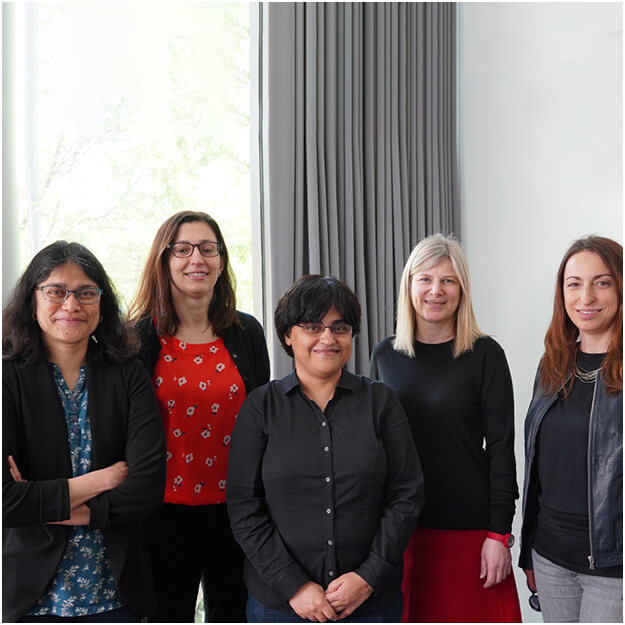 |
QBI Women scientists from the QBI Coronavirus Research Group (QCRG) speak to the sense of urgency that inspired such a multidisciplinary team to gather and strategically fight the COVID-19 pandemic. Watch 2-min video. |
|
 |
New York Times on March 17, 2020: QBI Coronavirus Research Group (QCRG) involving 22 leading laboratories at UCSF have assembled to fight the COVID-19 outbreak, fully recognizing that no single approach will be sufficient to make a dent in what has now become a pandemic. Read here. |
|
We need visionary funders to support this unprecedented collaboration of visionary scientists. It may be that this human tragedy is what finally unifies us to find a solution together.

If you would like to discuss a further donation to QCRG to accelerate the discovery of a solution to Covid-19, please contact Michelle Clark, Assistant Vice Chancellor, University Development at (415) 476-5825 or email michelle.clark@ucsf.edu.
For media and press inquiries or if you would like to speak to one of our experts on COVID-19 and our efforts, please contact us:
Email: PressQBI@ucsf.edu
Peter Farley, (415) 317-3781
Jason Alvarez, (628) 221-1501